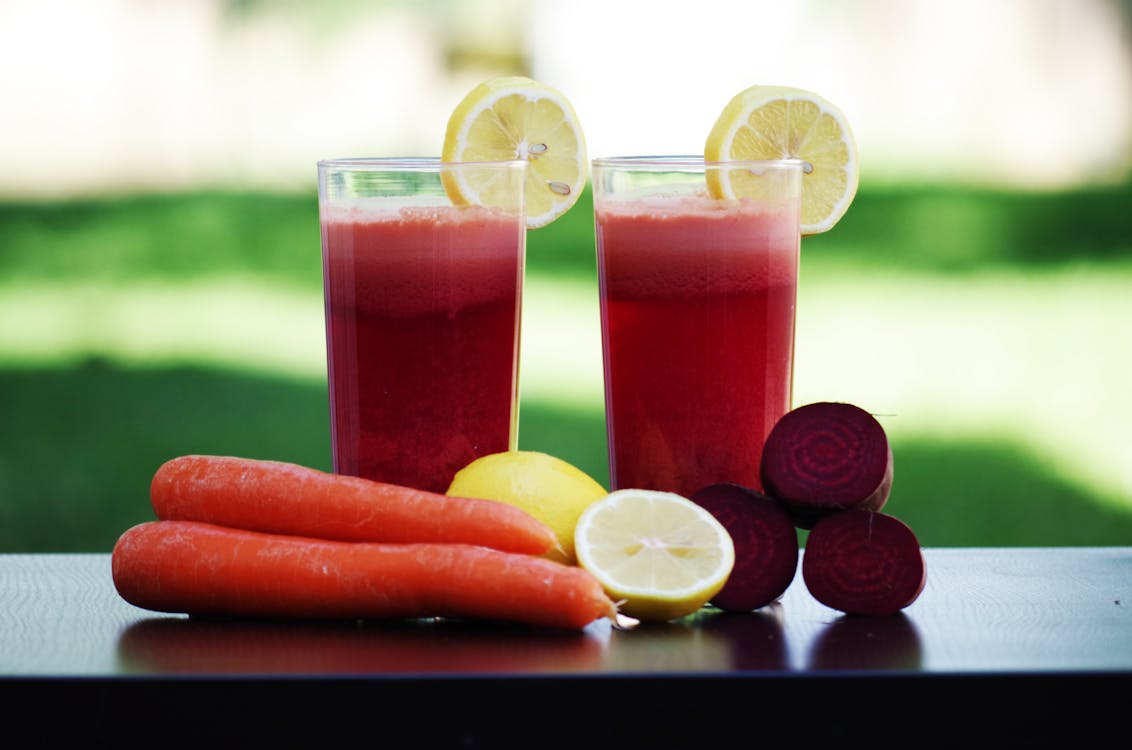Introduction:
Vegetable drinks, often touted for their nutritional prowess, have surged in popularity as health-conscious consumers seek alternatives to sugary beverages. From classic options like carrot juice to trendy blends like kale smoothies, these concoctions offer a convenient and palatable way to boost vegetable intake. But are vegetable drinks truly as healthy as they're claimed to be? This article delves into the nutritional benefits, potential drawbacks, and considerations surrounding vegetable drinks.
Nutritional Benefits:
1. Rich in Nutrients: Vegetable drinks are dense with essential vitamins, minerals, and antioxidants, offering a concentrated dose of nutrients in each serving. For example, kale is packed with vitamin K, vitamin C, and antioxidants like lutein and zeaxanthin, which promote eye health.
2. Hydration: Many vegetable drinks are water-based, contributing to daily hydration goals while providing additional nutrients. Cucumber and celery juices, for instance, are high in water content, aiding in hydration and electrolyte balance.
3. Antioxidant Power: Vegetables are abundant sources of antioxidants, compounds that help combat oxidative stress and inflammation in the body. Antioxidant-rich drinks, such as beet juice, may support cardiovascular health and reduce the risk of chronic diseases.
4. Low in Calories: Compared to sugary beverages like soda or fruit juices, vegetable drinks typically contain fewer calories and less added sugar, making them a healthier choice for weight management and overall well-being.
Potential Drawbacks:
1. High Sugar Content: While vegetable drinks are generally lower in sugar than fruit juices, some blends may still contain high amounts of naturally occurring sugars. Carrot and beet juices, for example, can be relatively high in sugar, potentially causing blood sugar spikes, especially for individuals with diabetes or insulin resistance.
2. Lack of Fiber: Unlike whole vegetables, which are rich in dietary fiber, many vegetable drinks lack this essential nutrient. Fiber aids in digestion, promotes satiety, and helps regulate blood sugar levels. Consuming vegetable drinks without fiber may lead to less satisfaction and could contribute to overconsumption of calories from other sources.
3. Sodium Concerns: Certain vegetable juices, particularly those made from canned or processed vegetables, may contain added sodium for flavor or preservation. Excessive sodium intake is linked to high blood pressure and cardiovascular disease, so it's important to choose low-sodium options or make homemade vegetable drinks without added salt.
4. Potential Oxalate Content: Some vegetables, such as spinach and kale, are high in oxalates, compounds that can contribute to the formation of kidney stones in susceptible individuals. While moderate consumption of oxalate-rich vegetables is generally safe for most people, those with a history of kidney stones may need to limit their intake of certain vegetable drinks.
Considerations and Tips:
1. Variety is Key: Incorporating a variety of vegetables into homemade drinks ensures a diverse array of nutrients and flavors. Experiment with different combinations to discover new favorites and maximize nutritional benefits.
2. Portion Control: While vegetable drinks offer numerous health benefits, moderation is key. Drinking excessive amounts of even healthy beverages can contribute to calorie overload and nutrient imbalances. Stick to recommended serving sizes and balance vegetable drinks with whole foods in your diet.
3. Read Labels Carefully: When purchasing store-bought vegetable drinks, carefully read the labels to assess their nutritional content. Look for options with minimal added sugars, low sodium levels, and preferably no artificial additives or preservatives.
4. DIY Approach: Consider making vegetable drinks at home using fresh, organic produce. This allows you to control the ingredients and customize flavors to suit your preferences. Invest in a quality blender or juicer to easily whip up nutritious beverages.
5. Consult a Healthcare Professional: If you have specific dietary concerns or medical conditions, consult with a registered dietitian or healthcare provider before incorporating vegetable drinks into your diet. They can offer personalized recommendations based on your individual needs and health goals.
Conclusion:
Vegetable drinks offer a convenient and flavorful way to increase vegetable consumption and reap the nutritional benefits of these nutrient-packed foods. While they can be a healthy addition to a balanced diet, it's essential to be mindful of potential drawbacks, such as high sugar content and lack of fiber. By choosing homemade or carefully selected store-bought options and practicing moderation, you can enjoy the health benefits of vegetable drinks while minimizing potential risks.

